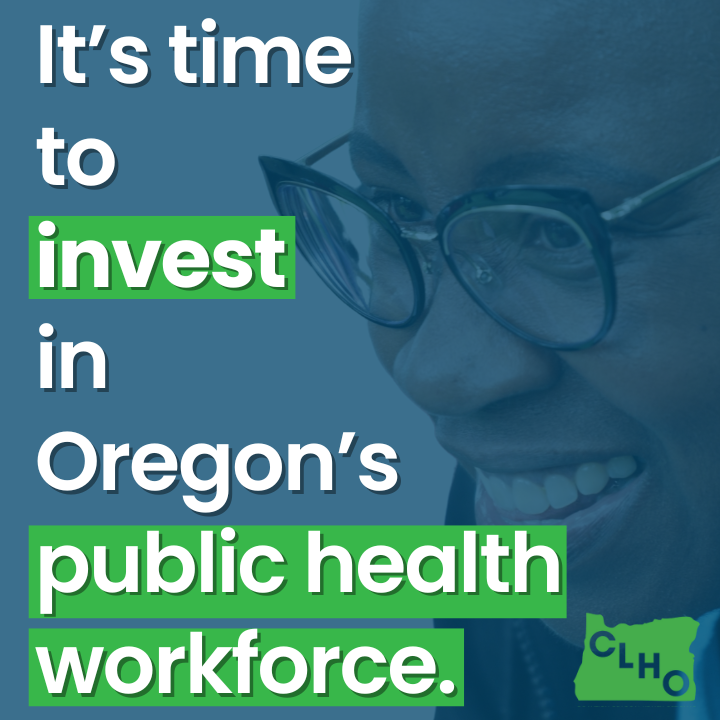
Soaring health care costs, which state health officials have been grappling with for years, are also a worry for a majority of Oregonians.
And now they can try to do something about it.
This week, the Oregon Health Authority appealed to the public to attend an upcoming meeting and also apply for a new committee that will tackle health care costs under the Oregon Health Policy Board, a long-standing group of experts that guide state health policy. The Committee on Health Care Affordability will have nine members representing a range of interests, from consumers and patient advocates to health care economists and entities like companies and government agencies that arrange health care coverage for their employees.
“Everyone deserves quality health care, but growing medical costs make that increasingly challenging,” Dr. Antonio Germann, a family physician and vice-chair of the Oregon Health Policy Board said in a statement. “We need to tackle this complex issue to ensure our future health, and we’re inviting people to share their personal experiences and expertise with us to help us address it.”
The affordability committee will be supported by a second one that’s being formed with 20 people representing the industry, including insurers, providers, urban and rural hospitals, providers and tribes. State health officials are seeking Oregonians to apply for that, too, including people from small practices and providers specializing in primary care, behavioral health, oral health and pediatric care.
Applications are online and need to be mailed to [email protected] by Friday.
Surveys have consistently shown that Oregonians are worried about paying for health care: More than 80%, including those making more than $100,000 a year, expressed that sentiment in a survey of nearly 1,500 people released last year. And for many people, rising costs translates into real pain in their lives.
“We know that people are spending down their savings, they're delaying care, they're filing for bankruptcy because of medical care,” Sarah Bartelmann, the health authority’s health care cost growth target program manager, said during an Oregon Health Forum discussion earlier this month.
“We know that we're looking at a really challenging economic situation, and as those conditions are increasingly changing, it's more important than ever that we keep that focus on affordability,” she added.
Though members of the public are not experts on health care costs, health authority officials said policymakers need their perspective.
“Their personal insights are needed to develop effective and realistic policy changes,” Franny White, an OHA spokesperson, said in a statement. “Their experiences help keep the conversation grounded in why health care needs to be affordable, even though changing existing systems can be challenging.”
Health care costs account for a big part of Oregon’s budget, with one in three people on the Oregon Health Plan, the state’s version of Medicaid. The state pays a portion of those costs.
The health authority has been measuring rising costs since 2018. Its cost growth program, which grew out of a long process and countless meetings with experts, has set a target of curbing health care increases to 3.4% a year. The state has had some success. A new report expected later this month surveyed 30 insurance plans and more than 50 provider organizations, including hospitals, finding that most met the target or came close, Bartelmann said.
The health care cost program meets yearly to discuss the issue. The meeting this year will be held virtually and in person in Salem on June 10 from 10 a.m. to noon. The health authority urges consumers and professionals to take part. Check the webpage for the agenda, Zoom link and other details.
The health policy board will vote on the committee membership at the June meeting. Health officials expect the committees, which follow similar initiatives in California and Washington, to play a key role in curbing costs.
“To truly move the needle on health care affordability, Oregon needs bold solutions that deliver real cost-savings and better value for money,” White said. “The new committees will help us get there.”

